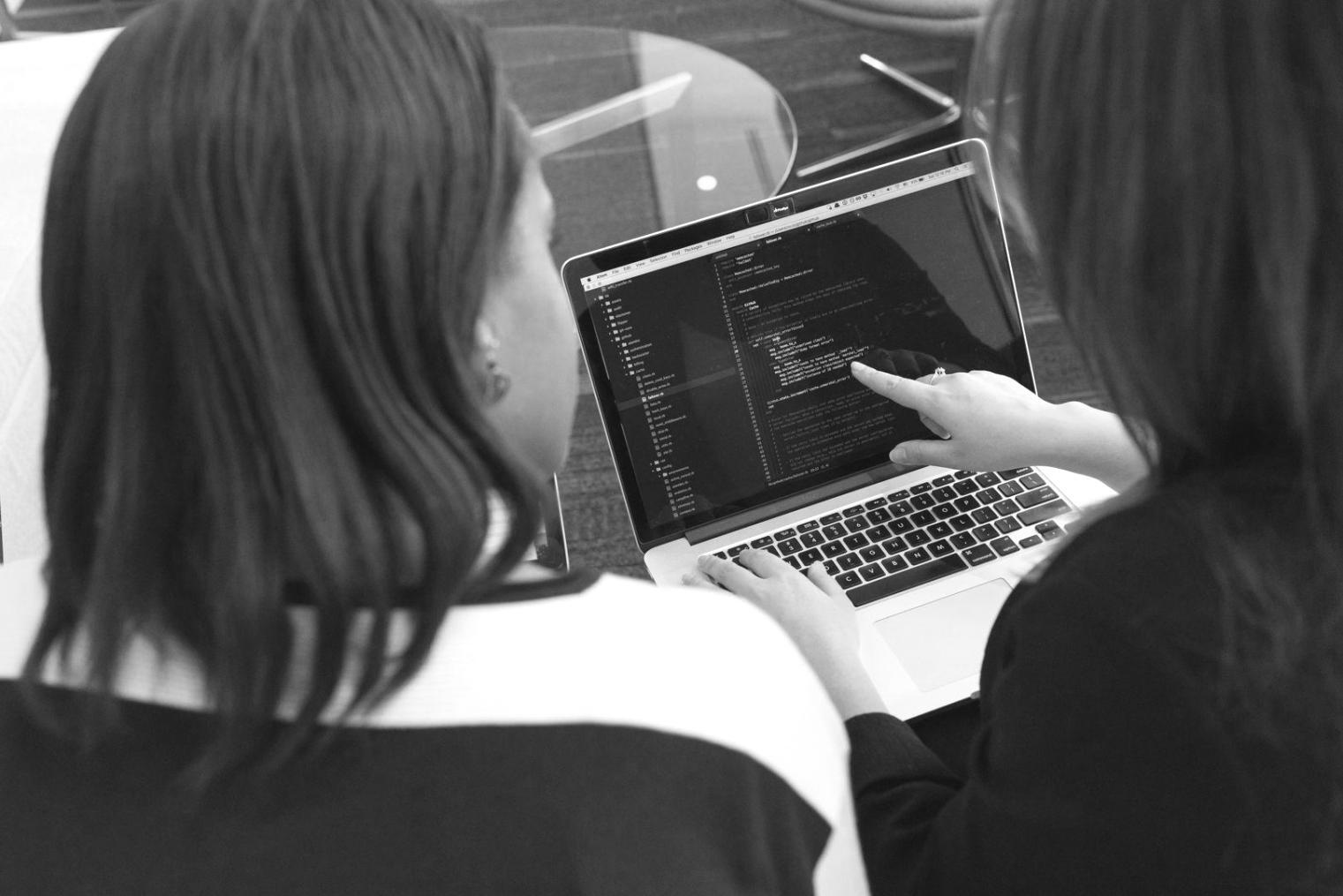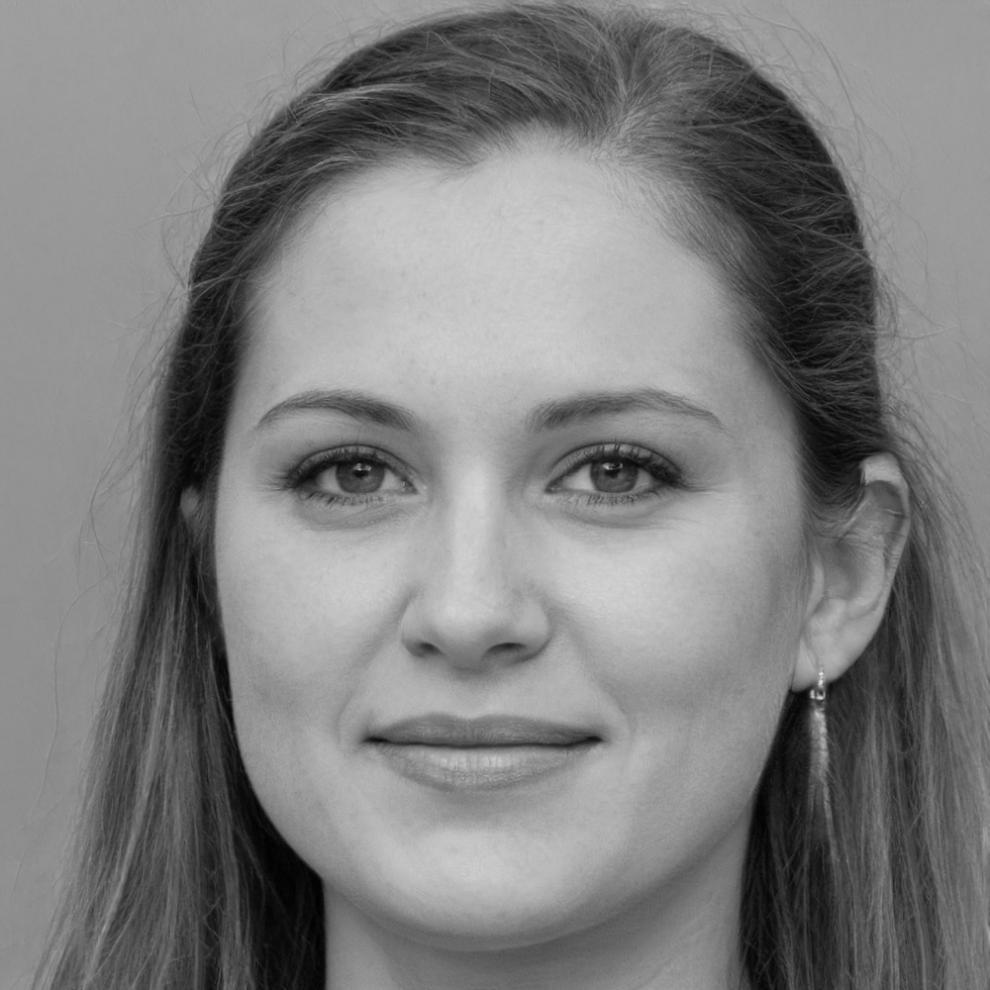We store small data files on your device to remember your preferences and improve your experience. You can choose which types of information we collect. Read our full cookie policy for details.
Master Your Money Through Practical Learning
Our annual budgeting programme starts in autumn 2025, giving you six months to prepare for a structured approach to managing household finances. We're not promising overnight wealth – just practical skills built through real scenarios and honest guidance from people who've been there.

What You'll Actually Learn
This isn't theory from textbooks. Our twelve-week programme walks you through building an annual budget that actually works for your situation. You'll handle real numbers, work through common setbacks, and develop habits that stick beyond the final session.
We focus on UK-specific challenges – Council Tax timing, energy bill fluctuations, and those unexpected costs that always seem to appear in March. The sessions combine group work with individual planning time, because everyone's finances look different.
- Monthly tracking systems that don't require spreadsheet expertise
- Building contingency funds that match your actual risk level
- Annual expense mapping for predictable large payments
- Adjusting plans when life changes mid-year

Callum Hendry
Lead Instructor

Rhiannon Tovey
Budgeting Specialist
Learning From People Who've Made Mistakes
Callum spent years working in Hull's financial sector before realizing most budgeting advice skips the messy bits. He's restructured his own finances three times and understands why January plans often collapse by April. His approach focuses on flexible systems rather than rigid rules.
Rhiannon brings experience from credit counselling, where she helped families in East Yorkshire rebuild after financial setbacks. She knows the difference between what sounds good in theory and what actually helps when your boiler breaks in February. Between them, they've seen most budgeting scenarios that UK households face.
Small group sessions mean you'll get direct feedback on your specific situation. They review anonymous budget examples, discuss common pitfalls, and adjust the curriculum based on what participants actually struggle with.
Programme Structure for Autumn 2025
Weeks 1-3 (Starting September)
Foundation Phase
Track current spending patterns without judgment. Map your actual financial cycle – when money comes in and when it leaves. Identify fixed costs versus variable expenses. Build a baseline before making any changes.
Weeks 4-7 (October)
Planning Development
Create your first annual budget draft using real data from phase one. Account for quarterly bills, annual payments, and seasonal variations. Build contingency categories based on your household's typical surprises. Adjust projections through group feedback.
Weeks 8-10 (November)
Implementation Practice
Test your budget in real time while still in the programme. Track variances and understand why they happen. Develop adjustment strategies for common budget-breakers. Practice saying no to expense creep without feeling deprived.
Weeks 11-12 (December)
Sustainability Planning
Refine your annual plan for 2026 based on autumn experience. Set up quarterly review checkpoints. Create troubleshooting guides for when life disrupts your budget. Build habits that maintain momentum after the programme ends.
